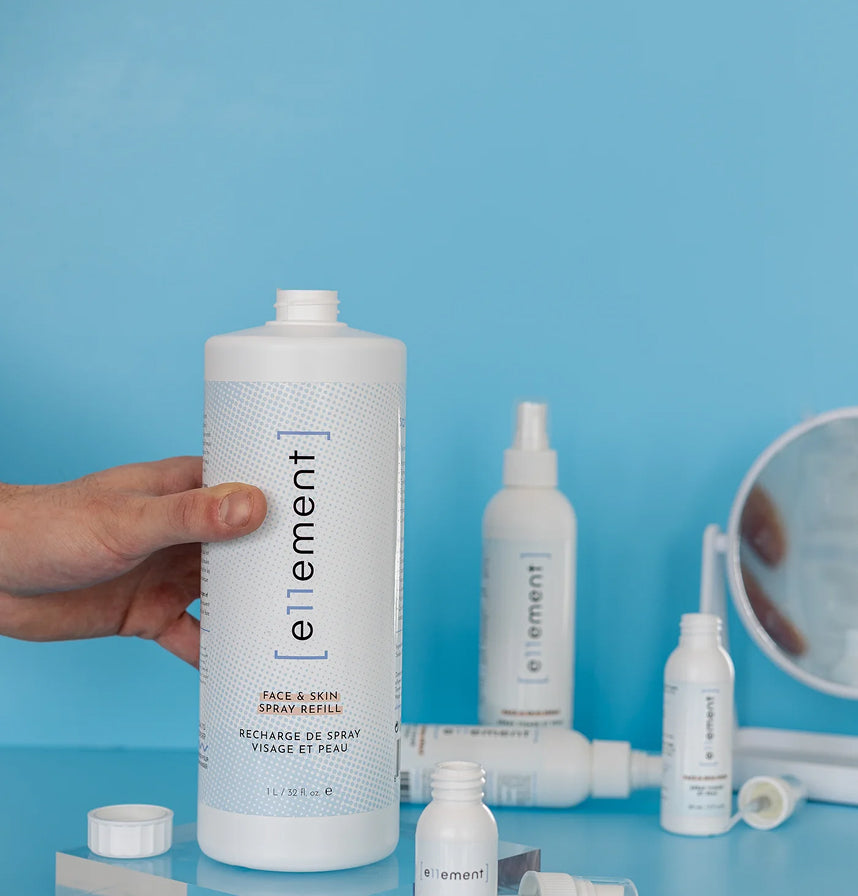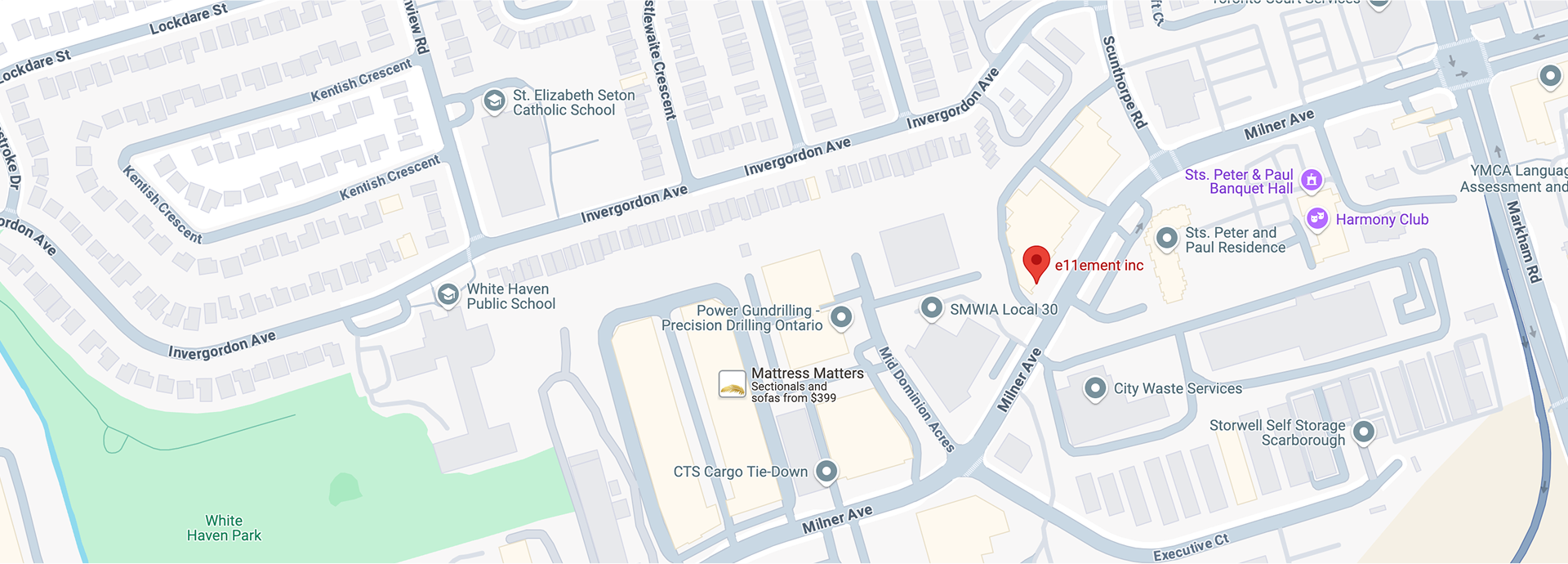Winter can be harsh on your skin. Cold winds, low humidity, and indoor heating strip moisture, leaving your skin dry, irritated, and sensitive. Incorporating effective remedies into your skincare routine is essential to combat these challenges. One such powerful solution is hypochlorous acid (HOCl) spray. This article explores its hydration and healing benefits, guiding you to healthier skin this winter.
What Is Hypochlorous Acid?
Hypochlorous acid is a naturally occurring molecule produced by the human body as part of its immune response. It plays a vital role in fighting infections, reducing inflammation, and promoting tissue repair. When formulated for topical use, hypochlorous acid spray provides these benefits directly to the skin without causing irritation.

Why Winter Wreaks Havoc on Your Skin
Before diving into the benefits of hypochlorous acid spray, it’s essential to understand why winter is so harsh on the skin. Key factors include:
-
Low Humidity: Cold air holds less moisture, resulting in dry skin.
-
Indoor Heating: Heaters reduce indoor air humidity, further depleting skin moisture.
-
Cold Winds: Harsh winds disrupt the skin barrier, causing irritation and redness.
-
Hot Showers: Frequent hot showers strip the skin of its natural oils, leaving it more vulnerable to damage.
The Role of Hypochlorous Acid in Winter Skincare
1. Hydration Booster
Hypochlorous acid spray hydrates the skin by supporting its natural barrier function. A strong skin barrier retains moisture, preventing dryness and flakiness. Unlike heavy creams, HOCl spray is lightweight and non-greasy, making it suitable for all skin types.
2. Healing Properties
Winter skin issues, such as cracks, redness, and irritation, require effective healing solutions. Hypochlorous acid’s anti-inflammatory and antimicrobial properties accelerate wound healing and reduce redness, promoting healthier skin.
3. Protection Against Irritants
The compromised skin barrier during winter makes it more susceptible to environmental irritants and pathogens. HOCl spray acts as a shield, protecting your skin by neutralizing harmful microbes and calming irritation.
Incorporating Hypochlorous Acid Spray into Your Skincare Routine
Step 1: Cleanse Gently
Use a mild, hydrating cleanser to remove impurities without stripping your skin’s natural oils. Avoid harsh soaps or foaming cleansers that can exacerbate dryness.
Step 2: Apply Hypochlorous Acid Spray
After cleansing, spritz hypochlorous acid spray directly onto your skin. Allow it to air dry or gently pat it in. This step helps soothe irritation, hydrate, and prepare your skin for the next steps.
Step 3: Moisturize
Follow up with a hydrating moisturizer to lock in the benefits of HOCl spray. Look for products containing ceramides, hyaluronic acid, or glycerin for optimal hydration.
Step 4: Sun Protection
Even in winter, UV rays can damage your skin. Use a broad-spectrum sunscreen with at least SPF 30 to protect against harmful rays.
Promotes Skin Repair
HOCl spray accelerates the repair of damaged skin, making it an effective treatment for minor cuts, burns, and other irritations.
Tips for Maximizing Winter Skincare Results
-
Stay Hydrated: Drink plenty of water to maintain hydration from within.
-
Use a Humidifier: Adding moisture to indoor air helps prevent skin dryness.
-
Avoid Over-Exfoliating: Limit exfoliation to once or twice a week to avoid damaging the skin barrier.
-
Choose Gentle Products: Opt for skincare products free of fragrances and harsh chemicals.
Conclusion
Fighting winter skin woes requires a thoughtful approach to skincare. Hypochlorous acid spray offers a unique combination of hydration and healing benefits, making it an invaluable addition to your winter skincare routine. By incorporating it into your daily regimen, you can protect your skin, enhance hydration, and promote healing, ensuring a healthy and radiant complexion throughout the season.























